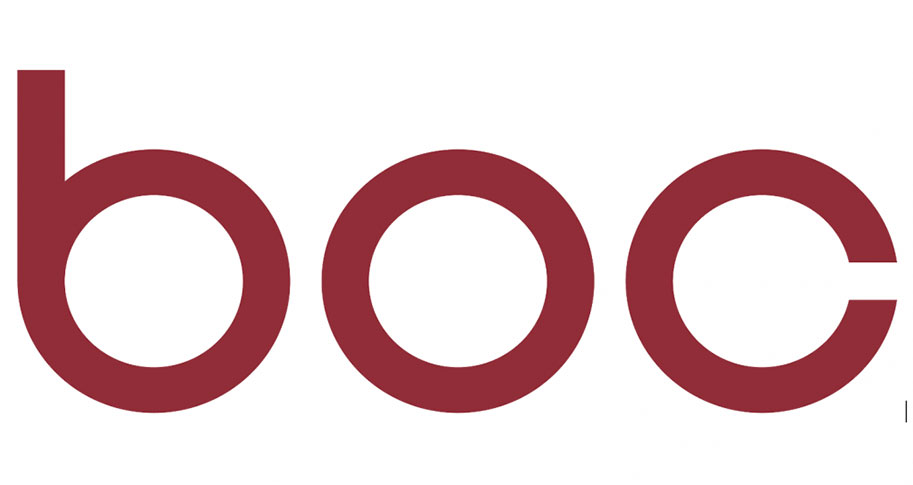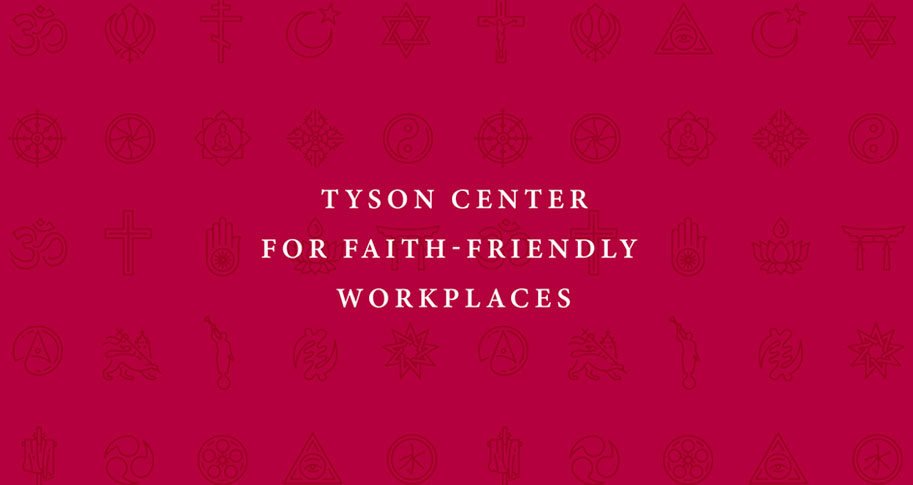
Ghana – a country known for its cocoa beans, gold and oil – sits on the west coast of Africa, bordering the Ivory Coast, Togo and the Atlantic Ocean. Its land is rich and waiting, but can American businesses succeed there?
On Thursday, October 2, 2014, Michael Williams, chairman of the Aya Center in Accra, the capitol city of Ghana, spoke to Sam M. Walton College of Business faculty members about the challenges and opportunities of doing business in Ghana.
Williams, an American-born faculty member of New York University in Ghana, discussed the lack of government subsidies, high inflation and lending rates, a weak infrastructure and strong family culture in this former British colony. For American corporations or educational institutions, these differences can prove to be challenging when doing business in this West African country.
Per Williams, Ghana is an agriculturally rich country, yet it imports much of its food and struggles to compete globally with food imports and exports. While other countries protect its farmers with subsidies and tax benefits, Ghana does not. For example, often it is cheaper for Ghanaians to purchase imported rice than to support local rice growers.
The inflation rate is close to 16 percent and Ghana’s currency – the cedi – is falling in value. Retail prices change daily. Historically high, the lending rate is hovering around 25 percent.
Internet access is slow and intermittent. Electricity is scarce and expensive. The culture in Ghana is focused on family, which encourages nepotism throughout the country. Land is often shared with families, leaving unclear ownership.
All of these factors create a tough business environment. However, many advantages appear when corporations understand the Ghanaian environment.
Land is inexpensive and lush, and many agricultural exports of cashews, pineapple, cocoa butter and fruit juices are thriving. Trade associations are growing in Ghana, as are private-public partnerships. Many businesses partner with government to fund public projects, moving business projects forward and helping the community at the same time.
To counteract the high lending rates, micro financing for small companies has been on the rise. Overall, Ghanaians are hard working laborers who respect authority, a plus for any corporate entity.
With inexpensive land and committed employees, Ghana may be one country to watch, explore and consider when expanding a consumer base. Its doors are open for business.




